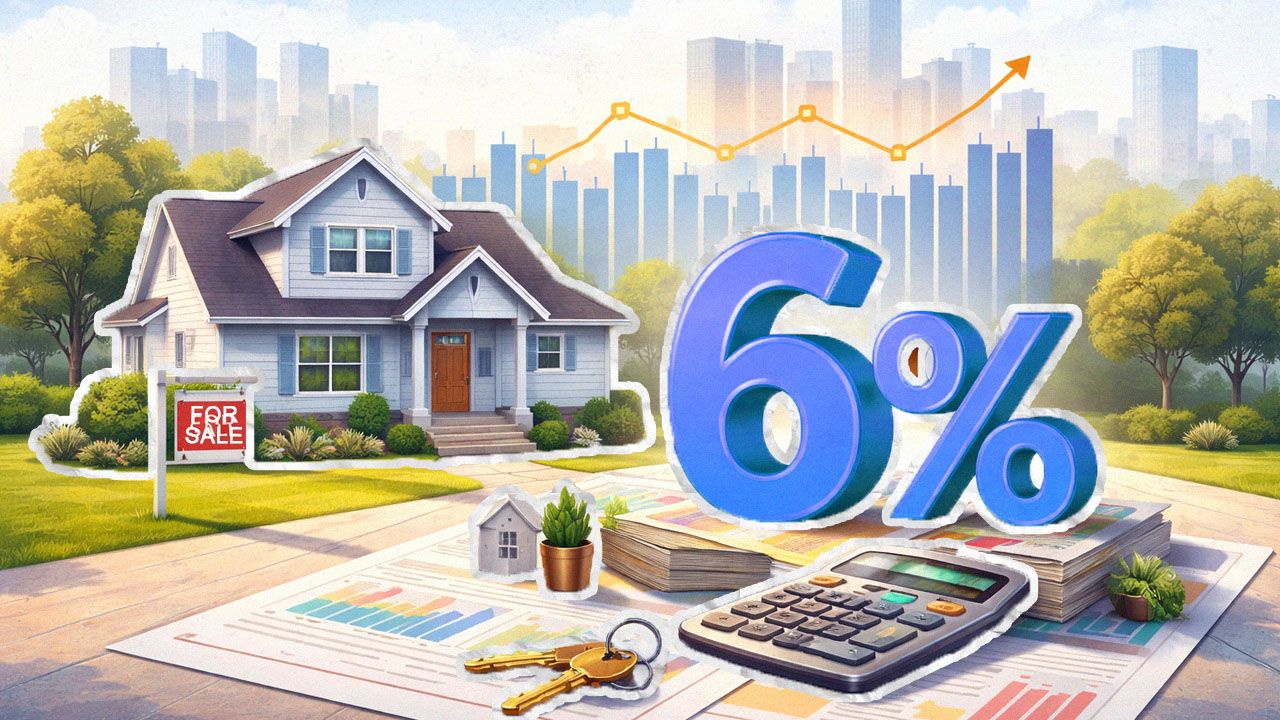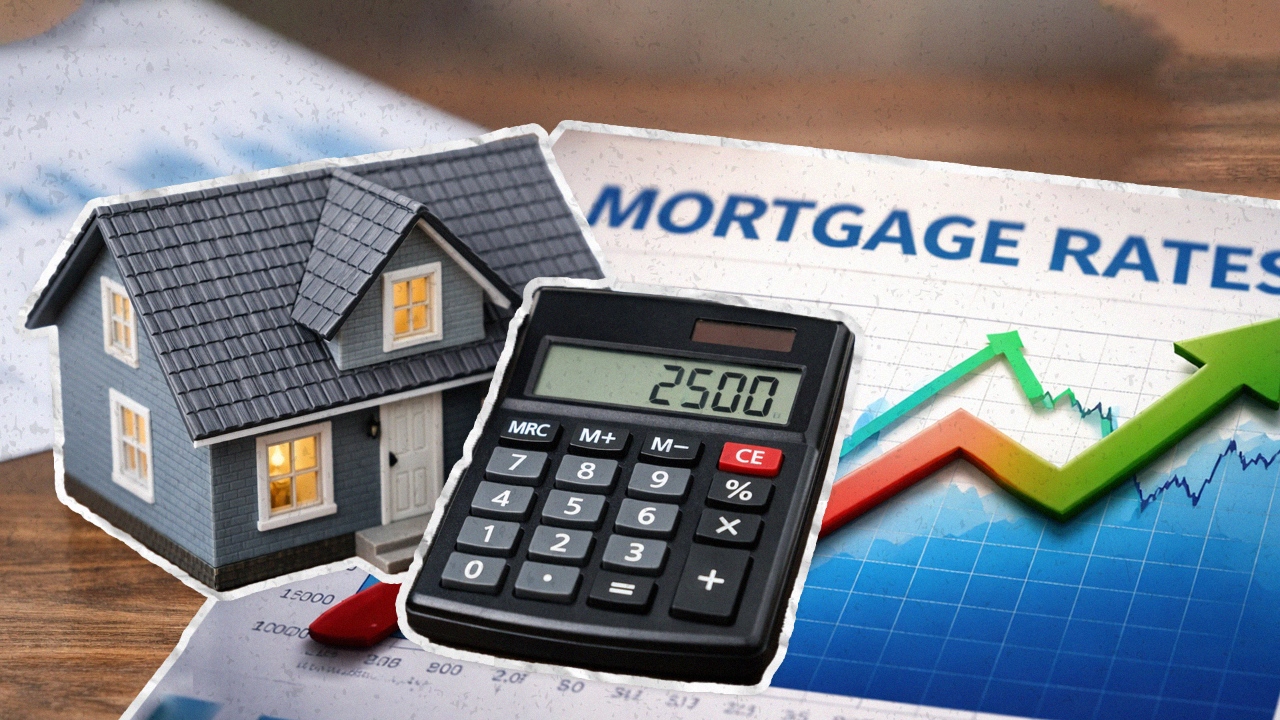Post-Election Shifts: What Homebuyers Can Expect in the Housing Market
Nov 19, 2024
Written by David Dodge
As the presidential election concludes, the housing market is beginning to show signs of life. Recent interest rate cuts from the Federal Reserve have sparked a renewed interest among potential homebuyers, offering a glimmer of hope to an industry facing persistent challenges. Despite ongoing high asking prices and elevated mortgage rates, buyers are cautiously re-entering the market.
Over the past two years, the housing landscape has been fraught with difficulties. The average cost of existing homes in the U.S. has reached $404,500, according to the National Association of Realtors. This figure marks a continuous rise over the past 15 months, driven largely by a shortage of available homes for sale, which has intensified competition among buyers. With mortgage rates consistently above 7%, many prospective homeowners have found themselves priced out of the market, facing monthly payments that have increased significantly.
However, recent data indicates a potential shift in this trend. Following the election, Redfin reported a remarkable increase in its Homebuyer Demand Index, which surged to its highest level in over a year. Additionally, the number of individuals locking in mortgage rates has doubled compared to the previous month. This surge suggests that pent-up demand is beginning to materialize as buyers gain confidence in the market's direction.
Eager Buyers Respond to Market Changes
According to Chen Zhao, Redfin’s economic research lead, house-hunting activity had been sluggish during the summer and early fall, as buyers awaited the election results and the Federal Reserve's decisions on interest rates. With both pivotal events now behind us, many buyers are eager to act, especially given the expectation that rates are unlikely to decrease significantly in the near future.
As of mid-November, the average rate for a 30-year fixed mortgage is 6.78%, reflecting a slight decrease from the previous week and a notable drop from the 7% levels seen a year ago. Despite two recent rate cuts from the Federal Reserve, mortgage rates remain stubbornly high, primarily due to the influence of Treasury bond yields. These yields are shaped by investor sentiment regarding the economy. Strong economic indicators, such as consistent growth and low unemployment, have kept these yields elevated, thereby impacting mortgage rates.
Sam Khater, chief economist at Freddie Mac, pointed out that while rates have stabilized after a recent climb, affordability remains a significant concern for many potential buyers. Current research indicates that mortgage payments are elevated compared to rental prices for similar homes, creating a challenging environment for those looking to enter the market.
Moreover, many homeowners are hesitant to sell their properties and give up their low mortgage rates—often around 3%—achieved during the pandemic. This reluctance has contributed to a slowdown in market activity, with existing home sales experiencing a 1% decline in September compared to August, reaching a seasonally adjusted rate of 3.84 million, the lowest since October 2010.
Despite the uptick in buyer interest post-election, the housing market is on track for its worst year since 1995, marking the second consecutive year of declining existing home sales. The National Association of Realtors is set to release its next data set on existing home sales soon, which is expected to reflect continued challenges, including high mortgage rates and lingering uncertainties surrounding the election's impact on the economy.
In conclusion, while the housing market faces significant obstacles, recent developments suggest a potential shift in buyer sentiment. As interest rates stabilize and political uncertainties fade, prospective homebuyers may find renewed opportunities in a market that has been largely stagnant. However, the road to recovery remains fraught with challenges, and many will be watching closely to see how these trends unfold in the coming months.
For more information, you can explore the following resources:






